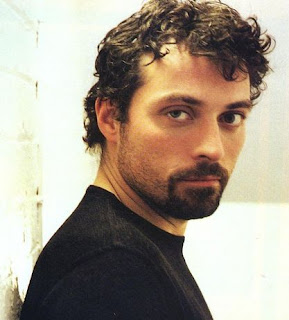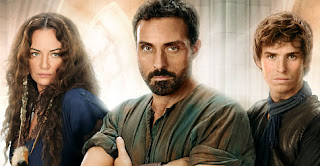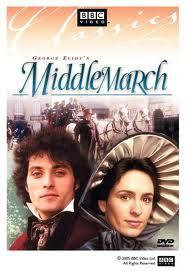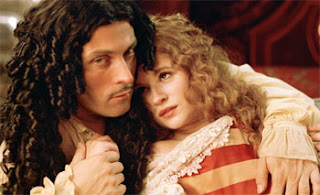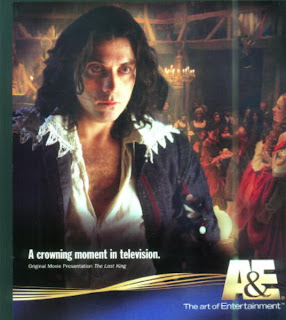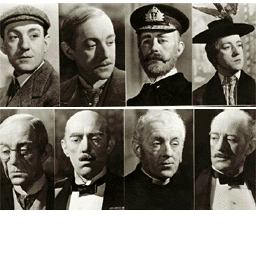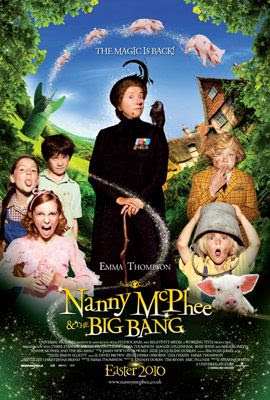Wikipedia tells us that Rutherford’s father suffered from mental illness and had a nervous breakdown on his honeymoon, afterward being confined to an asylum. He was eventually released on holiday and on 4 March 1883 he murdered his father, Reverend Julius Benn, a Congregational church minister, by bludgeoning him to death with a chamberpot. Shortly afterward, William tried to kill himself as well, by slashing his throat with a pocketknife. William Benn was confined to the Broadmoor Aslyum for the Criminally Insane and was released several years later, reportedly cured. He changed his surname to Rutherford (no wonder!) and returned to his wife. The parents then moved to India with the infant Margaret, but the drama continued unabated – her mother committed suicide by hanging herself from a tree, three year old Margaret was sent back to Britain to live with an aunt, professional governess Bessie Nicholson, in Wimbledon and her father’s continued mental illness resulted in his being confined once more to Broadmoor in 1904; he died in 1921.
The intervening years must have been relatively peaceful, as Margaret eventually managed to secure a place at RADA, the Royal Academy of Dramatic Arts, although she didn’t make her stage debut at the Old Vic until 1925 at the age of thirty-three.
She married the openly homosexual actor Stringer Davis in 1945 and they appeared in many productions together (right). They were happily together until Rutherford’s death in 1972. Davis absolutely adored Margaret, one friend noting: ‘For him she was not only a great talent but, above all, a beauty.’ Dubbed by bitchy colleagues as ‘String-along’, he rarely left her side. He was private secretary and general dogsbody, lugging bags, teapots, hot water bottles, teddy bears and nursing Margaret through her ‘bad spells’. These manic depressive episodes – often involving mental hospitals and electrotherapy – were hushed up.
As if their lives didn’t contain enough drama, in the 1950s, Rutherford and Davis adopted the writer Gordon Langley Hall, then in his twenties. Hall later had gender reassignment surgery and became Dawn Langley Simmons, under which name she wrote a biography of Rutherford in 1983. Hall was born at Sissinghurst, the estate of the writer Vita Sackville-West, in Heathfield, Sussex, England, and was the illegitimate child of Jack Copper, Sackville-West’s chauffeur (a grandfather was Rudyard Kipling’s gardener) and Marjorie Hall Ticehurst, who came, Hall always said, from a high social class. Hall said she was born with an adrenal abnormality that causes the female genitalia to resemble a man’s and was thus raised as a boy. She always maintained that she was — unequivocally — female. In 1950 she emigrated to the U.S. and in 1968, she underwent the sex change operation and the next year married her 22-year-old black butler, John-Paul Simmons. The publisher of ”Dawn: A Charleston Legend” was quoted as calling it the first documented interracial marriage in Charleston’s history. A bomb threat forced the couple to move the wedding from a Baptist church to the bride’s home, and the gifts were destroyed by a firebomb.
In England, Miss Rutherford was reported to have said, ”I am delighted that Gordon has become a woman, and I am delighted that Dawn is to marry a man of another race, and I am delighted that Dawn is to marry a man of a lower station, but I understand the man is a Baptist!”
Ironically, Dawn did a bit of acting herself – she became an extra in the ABC/Warner Bros miniseries North and South while visiting Charleston in 1985.
But back to Margaret herself – Rutherford made her first appearance in London’s West End theatres in 1933 but her talent was not recognised by the critics until her performance as Miss Prism in the play ‘The Importance of Being Earnest’ (1939). In summer 1941, Noel Coward’s “Blithe Spirit” opened on the London stage, with Coward himself directing. Rutherford played Madame Arcati, the fake psychic in a role in which Coward had earlier envisaged for her and which he then especially shaped. It would be Rutherford’s turn as Madame Arcati in David Lean’s ‘Blithe Spirit’ (1945) that would actually establish her screen success. This would become one of her most memorable performances, with her bicycling about the Kentish countryside, cape fluttering behind her. Interestingly it would also establish the model for portraying that pseudo-soothsayer forever thereafter and there have been about six remakes of the film.
Some of Margaret’s finest screen work was done when she was in her fifties. She was superb as Nurse Carey in Miranda (1948) and completely believable in the role of Professor Hatton Jones in Passport to Pimlico (1949). More success followed as she starred along Alistir Sim in ‘The Happiest Days of Your Life’ (1950). Then came along the role that she was so destined for, that of Miss Letitia Prism in Anthony Asquiths ‘The Importance of Being Earnest’ (1952). Incredibly, despite a whole string of very capable and distinguished performances – she had still not won a single film honour. More comic characters followed including Prudence Croquet in ‘An Alligator Named Daisy’ (1955).
 Rutherford then played Mrs. Fazackalee in Basil Deardens ‘The Smallest Show on Earth’ (1957) with such notables as Virginia McKenna, Peter Sellers and Leslie Phillips. For much of the 60’s she become synonymous with Miss Jane Marple, making four Marple based films with a comedy bent that must have won Christie’s approval, as in 1962 Agatha Christie dedicated her novel The Mirror Crack’d: “To Margaret Rutherford in admiration.” Margaret was awarded an OBE for services to stage and screen in 1961 and won an Academy Award for Best Supporting Actress and a Golden Globe for The VIPs (1963), as the absent-minded Duchess of Brighton, opposite Elizabeth Taylor and Richard Burton. She also played Mistress Quickly in Orson Welles’ Chimes at Midnight in 1966 and was raised to Dame Commander (DBE) in 1967.
Rutherford then played Mrs. Fazackalee in Basil Deardens ‘The Smallest Show on Earth’ (1957) with such notables as Virginia McKenna, Peter Sellers and Leslie Phillips. For much of the 60’s she become synonymous with Miss Jane Marple, making four Marple based films with a comedy bent that must have won Christie’s approval, as in 1962 Agatha Christie dedicated her novel The Mirror Crack’d: “To Margaret Rutherford in admiration.” Margaret was awarded an OBE for services to stage and screen in 1961 and won an Academy Award for Best Supporting Actress and a Golden Globe for The VIPs (1963), as the absent-minded Duchess of Brighton, opposite Elizabeth Taylor and Richard Burton. She also played Mistress Quickly in Orson Welles’ Chimes at Midnight in 1966 and was raised to Dame Commander (DBE) in 1967.
Margaret suffered from Alzheimer’s disease at the end of her life. Sir John Gielgud wrote: “Her last appearance at the Haymarket Theatre with Sir Ralph Richardson in The Rivals, an engagement which she was finally obliged to give up after a few weeks, was a most poignant struggle against her obviously failing powers.” She died in 1972. Britain’s top actors flocked to the funeral, where 90-year old Dame Sybil Thorndike praised her friend’s enormous talent and recalled that she “never said anything horrid about anyone.”
You can watch a video tribute to Margaret Rutherford here.




